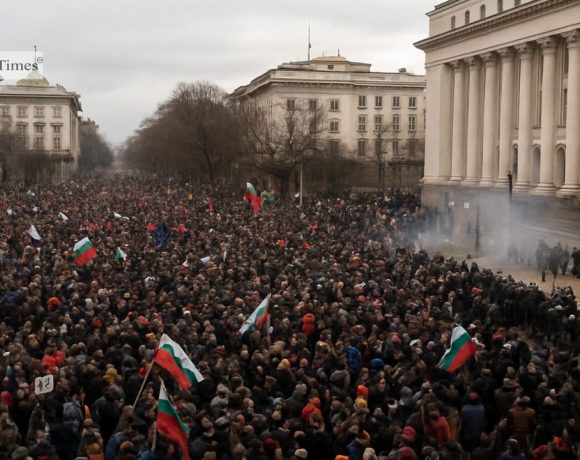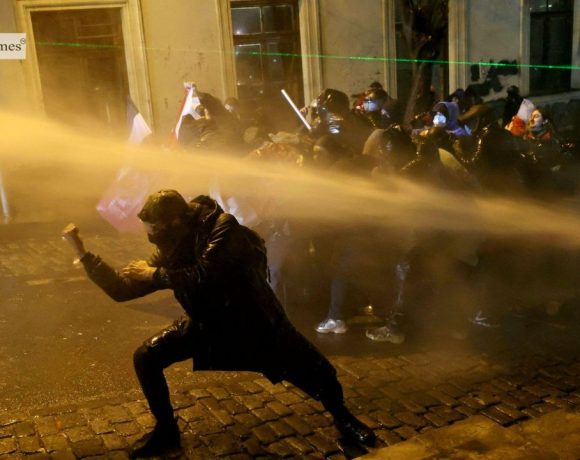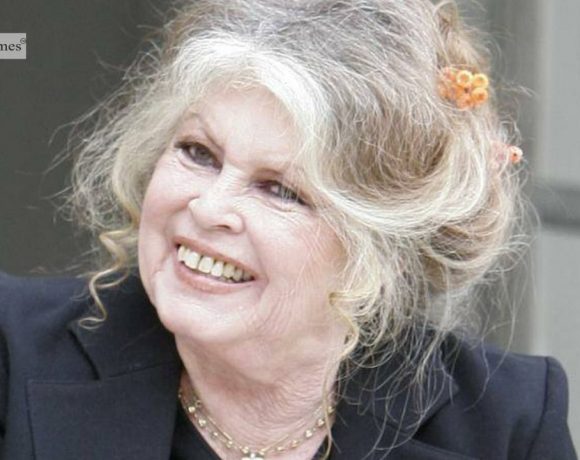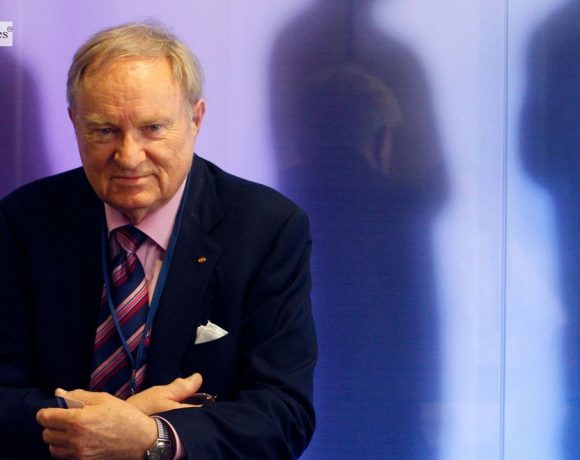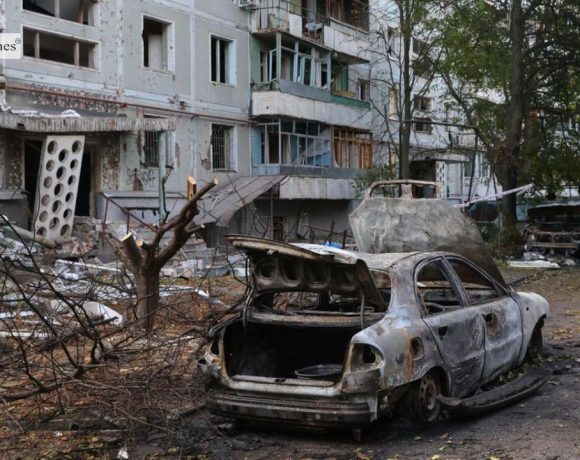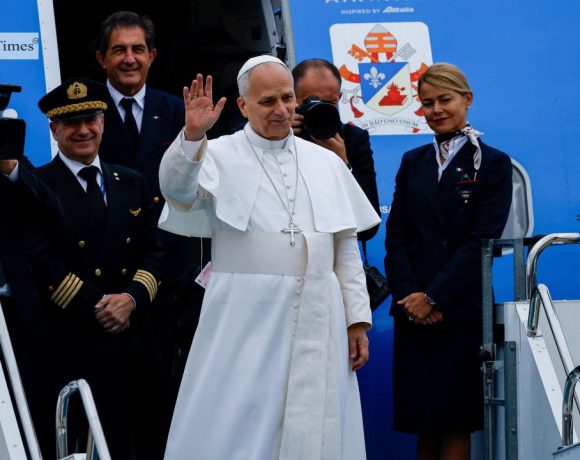
Pope Leo XIV concluded his first overseas journey as the Catholic leader with a powerful call for peace during a three-day visit to Lebanon. His final day included a solemn prayer at the site of the 2020 Beirut port explosion, where a devastating chemical blast killed 200 people and left billions of dollars in damage. The pontiff, who has emphasized that humanity’s future is threatened by ongoing global conflicts, also prepared to lead a waterfront Mass expected to draw nearly 100,000 people before departing for Rome.
Throughout the visit, Pope Leo urged Lebanon’s political and religious leaders to persevere in peace efforts despite continued tensions following last year’s conflict between Israel and Hezbollah. In a significant meeting with leaders of Lebanon’s Christian, Sunni, Shi’ite, and Druze communities, he encouraged unity and dialogue to heal a nation burdened by years of political paralysis, economic collapse, and widespread migration. Observers worldwide paid close attention, as this marked his first major international appearance since becoming pope in May.
The pope also visited a psychiatric hospital run by Franciscan nuns and met survivors and families affected by the Beirut blast, offering prayers and symbolic gestures of solidarity. Many Lebanese, including young volunteers, expressed hope that his visit could signal a fresh start after years of hardship. Lebanon, home to the region’s largest Christian population, continues to struggle with the effects of spillover violence from the Gaza conflict and the weight of hosting nearly one million refugees, all while confronting a severe economic crisis that has persisted since 2019.
Pic Courtesy: google/ images are subject to copyright


